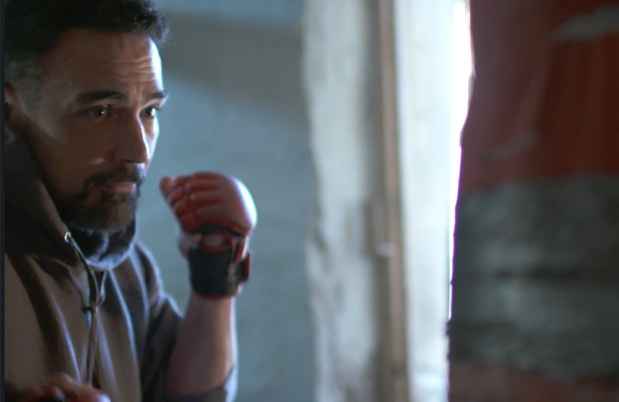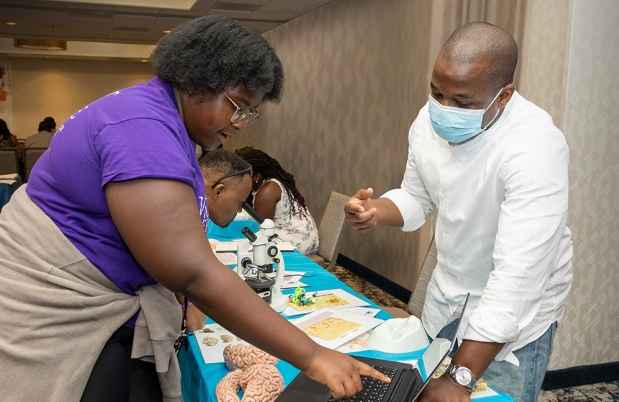McLean Hospital recently launched Deconstructing Stigma: A Change in Thought Can Change a Life, a national public awareness campaign intended to change the way mental illness is perceived. Told through the eyes of its participants, this campaign boldly challenges the misconceptions of what those with mental illness look like and is intended to spark conversation. Lisa is one of the many people who volunteered for the campaign. To learn more, visit DeconstructingStigma.org.
Lisa’s Pennsylvania home was rarely without music—either of her own creation or from the Broadway musical soundtracks she has loved all of her life. Then, without warning, at 57, Lisa—an energetic music teacher who loved introducing her students to sounds of the world—suddenly lost all hope and joy in her life.
She could not play music. She had no desire to eat. She no longer wanted to go to the job she loved. She had no interest in the things that once brought her joy. Depression left her unable to function.

“I was in such a dark place, looking back on that time, I remember not even knowing who I was anymore,” said Lisa. “Everything just seemed so bleak.”
The day before Thanksgiving 2012, Lisa’s family became so concerned about her behavior and dark thoughts that they brought her for a psychiatric evaluation, where she was diagnosed with severe depression. Lisa was immediately admitted into McLean Hospital’s specialty inpatient program for older adults.
“That was the hardest time in my life. I was in the hospital and just felt like the weight of the world was bearing down on me.”
Having grown up in an Irish Catholic family just outside of Scranton, Lisa was raised not to talk about her problems and to never let on in public that anything was wrong.
“Admitting out loud that I was depressed and needed help was its own struggle. But I knew I needed to get better—if not for me, for the people who loved and supported me.”
With the determination to battle depression head-on, Lisa embraced her treatment and about a week into the program—thanks to medication and group and individual therapy—she started to feel more like her old self.
“No one ever wants to go into the hospital. It’s scary on many levels, but I am thankful for each day that I went. By the time I left, I was playing the piano again. I was reading and reconnecting with old friends. I felt like I regained my life.”
While Lisa continues to struggle with depression—she still sees a therapist regularly—she speaks openly about her challenges to all who will listen because she hopes that they will learn from her experience.
“If I can help even just one person not get to the desperate place I got to, then I’ll feel accomplished.”
Media Requests
Journalist or member of the media? We are available 24/7 for media requests.



